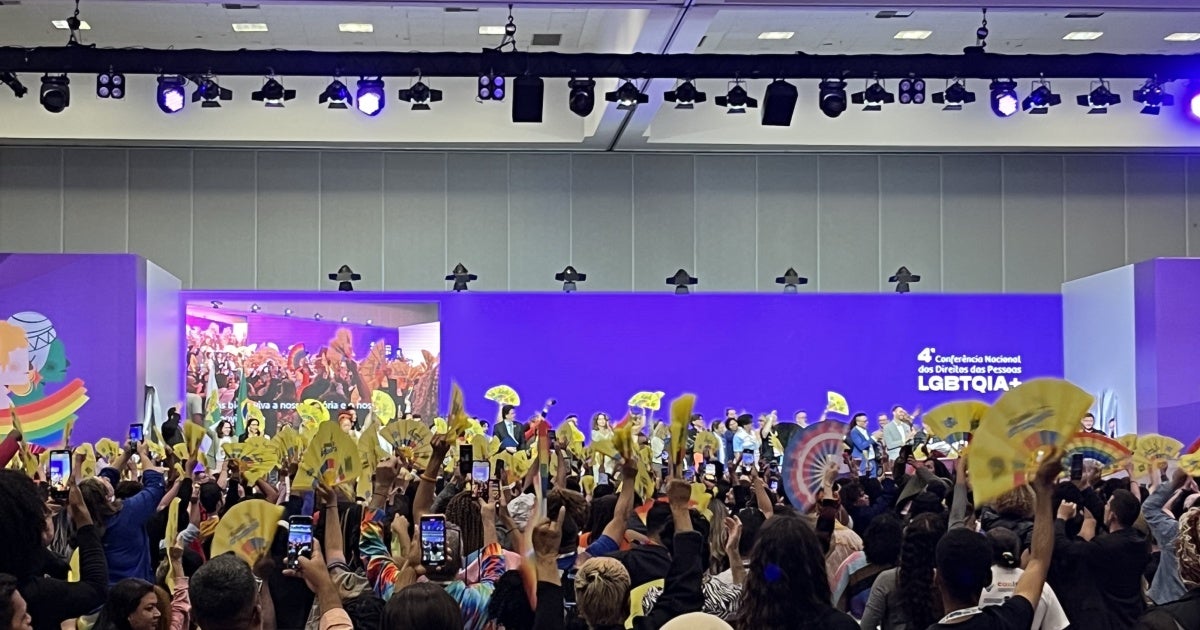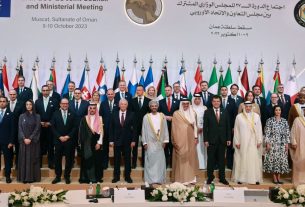This week Brazil is hosting the 4th National Conference on the Rights of LGBTQIA+ People, an ambitious effort to chart new directions for public policy on equality and inclusion. Beyond its national scope, the conference underscores Brazil’s reemergence as a key voice in global equality debates. And as many countries, including in the Global North, roll back support of LGBTQIA+ rights, the conference shows how the Global South can lead in renewing commitment to equality and human rights.
The conference seeks to convene government, civil society, and grassroots actors from across Brazil and shape a new National Plan for the Promotion of Human Rights and Citizenship of LGBTQIA+ People. Discussions are organized around themes of confronting violence, promoting decent work and income generation, advancing intersectionality and internationalization, and adopting a national policy on the rights of LGBTQIA+ people. Together, they reflect a comprehensive vision that links democracy, participation, and equality, and are expected to set the stage for renewed federal commitments and stronger policy implementation in the years ahead.
The first edition of the conference, held in 2008 under the theme “Human Rights and Public Policies: The Path to Ensure the Citizenship of Gays, Lesbians, Bisexuals, Travestis, and Transexuals,” was groundbreaking in embedding the rights of LGBTQIA+ people within Brazil’s broader social policy agenda. The second and third editions followed in 2011 and 2016. Former Brazilian President Michel Temer issued a decree to hold the conference, but it never happened. His successor President Jair Bolsonaro revoked the decree and adopted openly hostile rhetoric toward LGBTQIA+ populations.
The conference’s return comes at a pivotal moment. Violence against LGBTQIA+ people remains alarmingly high in Brazil, particularly against trans and gender-diverse people. Legal protections are robust, but enforcement remains a challenge. Meanwhile, lawmakers and gender-critical social movements continue to threaten hard-won rights, including around gender and sexuality education and gender-affirming care.
The conference can also serve as a model and galvanize other Latin American countries to strengthen their own participation, partnerships, and normative frameworks on sexual orientation, gender identity and expression, and sex characteristics.
But advancing policy frameworks is only the beginning. Ensuring effective implementation, holding institutions accountable, and translating conference resolutions into equality demand sustained political will and resourcing. Brazil’s renewed engagement offers hope that transformative, inclusive policymaking in the Global South can shape not only national futures but also support the global struggle for human rights.



